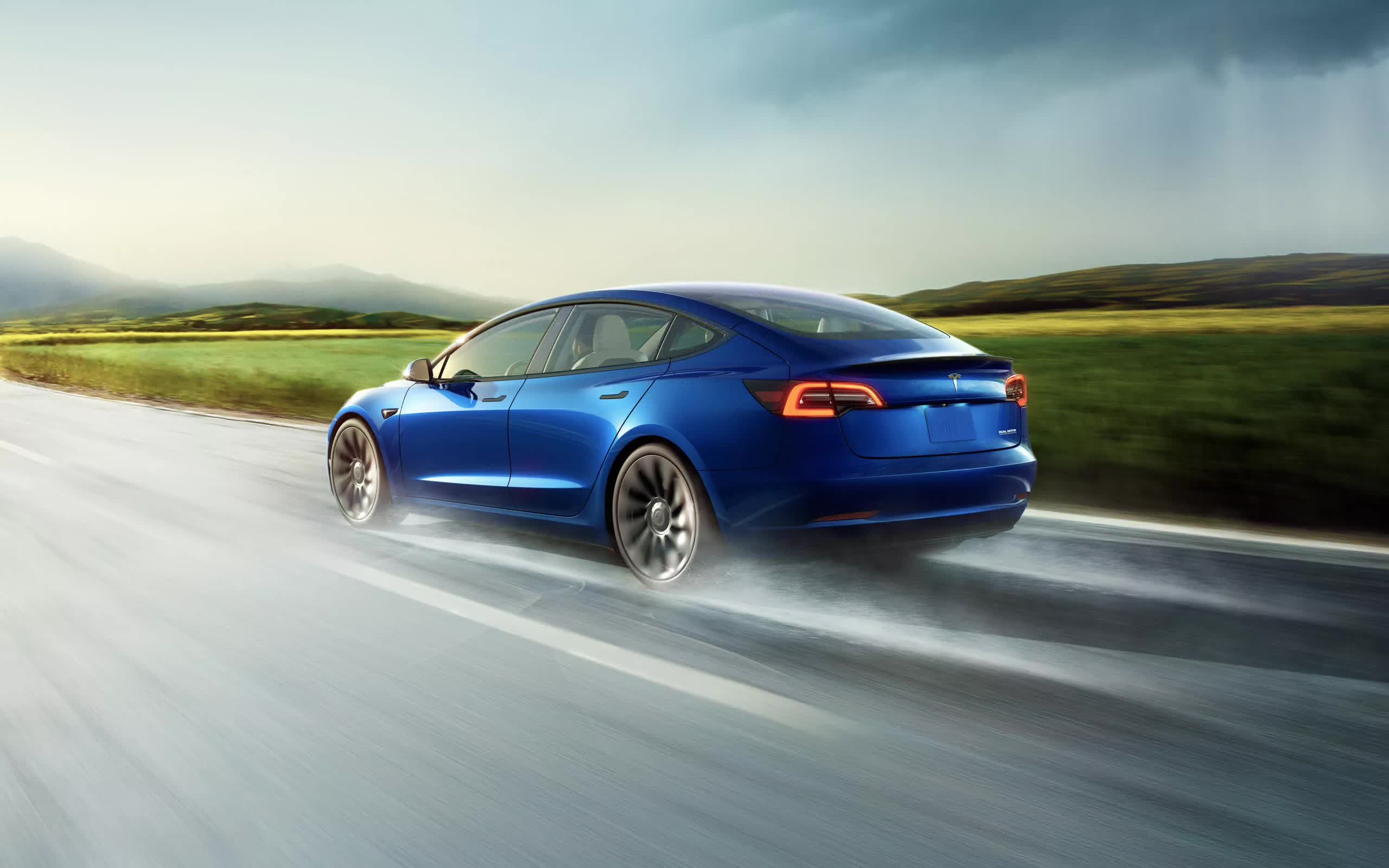In a nutshell: Elon Musk's vision of a world where humans are no longer required to keep their hands on the wheel when on the road has hit another snag. The NHTSA has launched a new probe into the safety of Tesla's FSD system after a series of troubling incidents.
The National Highway Traffic Safety Administration investigation centers around four accidents where Teslas running the Full Self-Driving (FSD) beta crashed after entering areas of reduced visibility like sun glare, fog, or dust clouds. One of those crashes ended in a pedestrian fatality, while another resulted in injuries.
The NHTSA wishes to examine whether FSD can "detect and respond appropriately" when visibility is poor. They'll also check whether any similar low-visibility crashes have occurred and scrutinize any updates Tesla has made to the system or its claimed safety benefits. The skepticism is understandable.
The FSD system relies solely on cameras without a stereoscopic setup, which is different from Waymo's setup, which combines camera, lidar, and radar hardware. Additionally, thanks to Tesla's decision to allow the beta software on older models with less advanced hardware, hundreds of thousands of cars are running FSD despite having inferior sensors.

These accidents aren't the first to have landed Tesla autonomous driving technology in hot water with regulators. Early last year, NHTSA forced a recall to fix the software on almost 363,000 Teslas after finding it posed safety risks by blowing through intersections and traffic signals before drivers could intervene. In December, they made Tesla recall two million vehicles to restrict the misuse of its regular Autopilot following an investigation into nearly 1,000 crashes involving that system.
Despite the mounting safety concerns, Musk is still betting big on FSD and even more advanced autonomy as Tesla's path to profitability. After all, FSD is sold as a $8,000 add-on or a $99 monthly subscription, making it a lucrative revenue stream. Last week, Musk unveiled a planned Tesla robotaxi service suggesting owners could rent their self-driving cars to make extra cash when not using them.
However, investors seemed skeptical of another potential case of Musk over-promising, which sent Tesla shares tumbling almost nine percent after the event. The reveal was also deliberately light on details and was hosted by human-controlled Optimus robots, contributing to the distrust.
